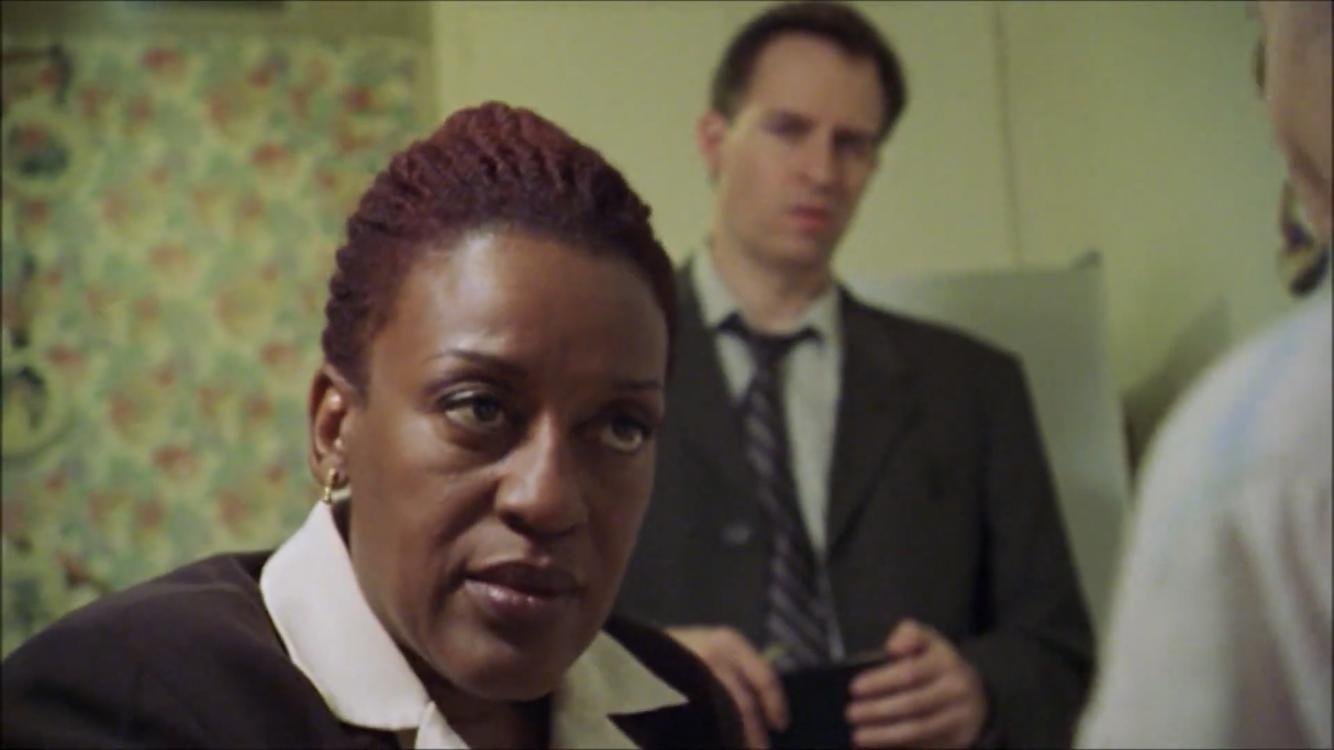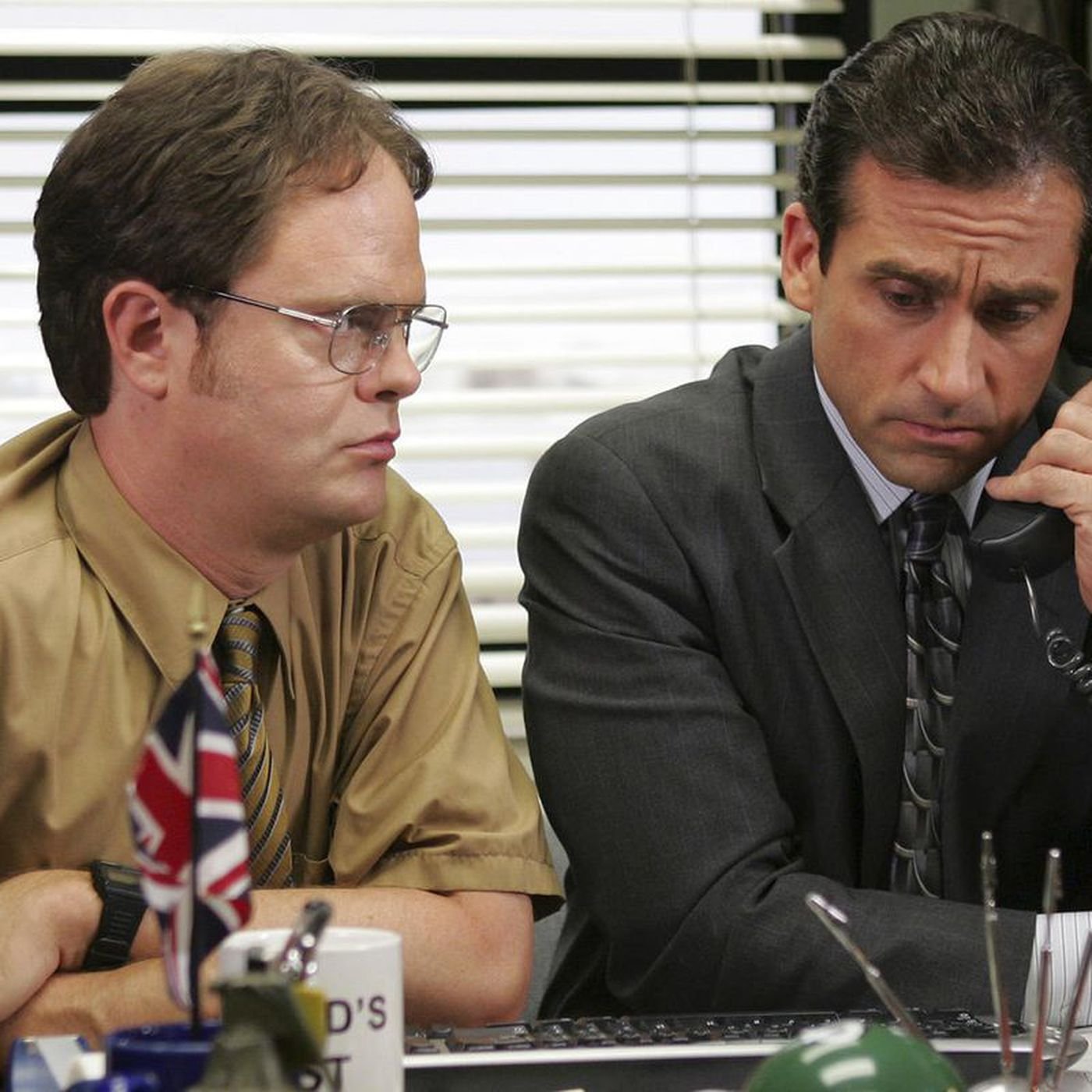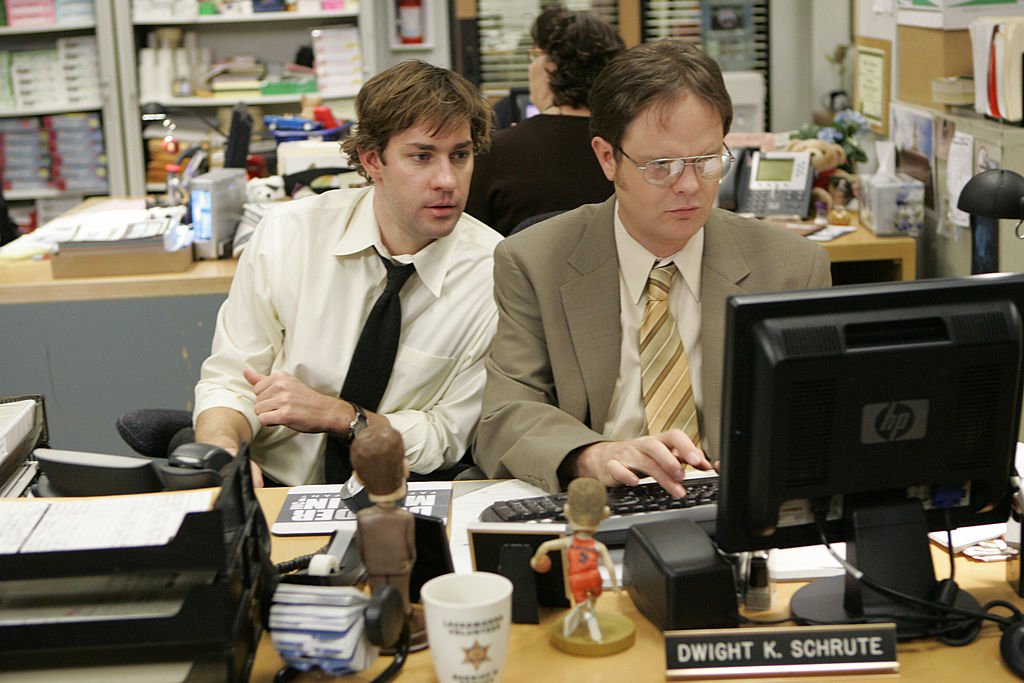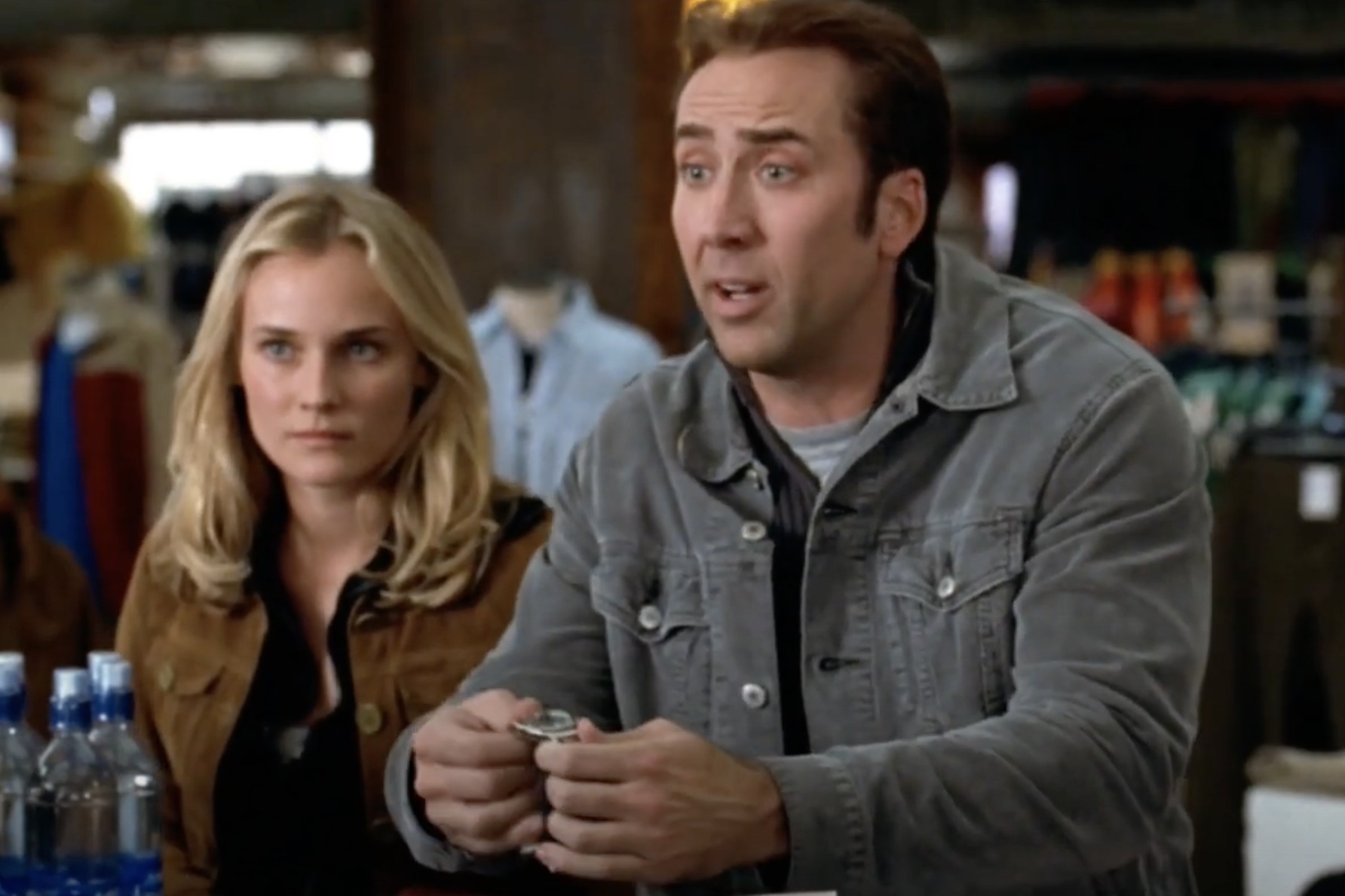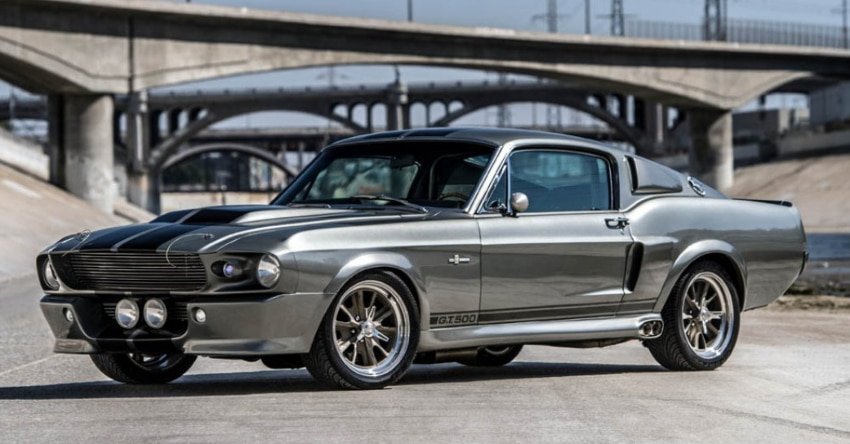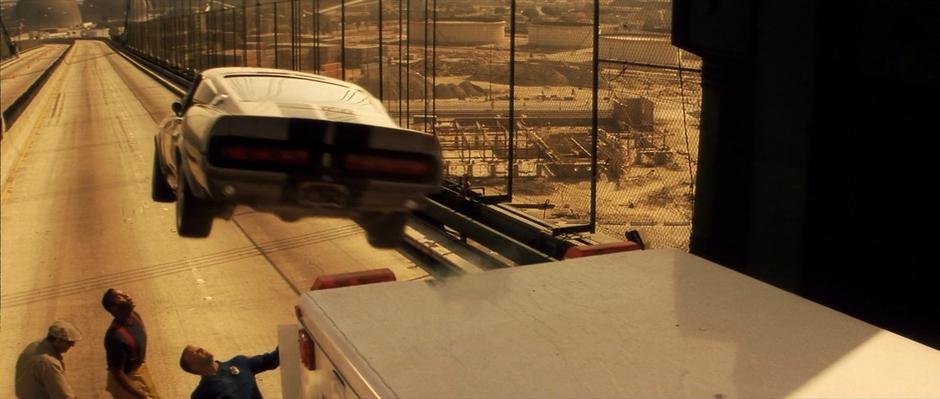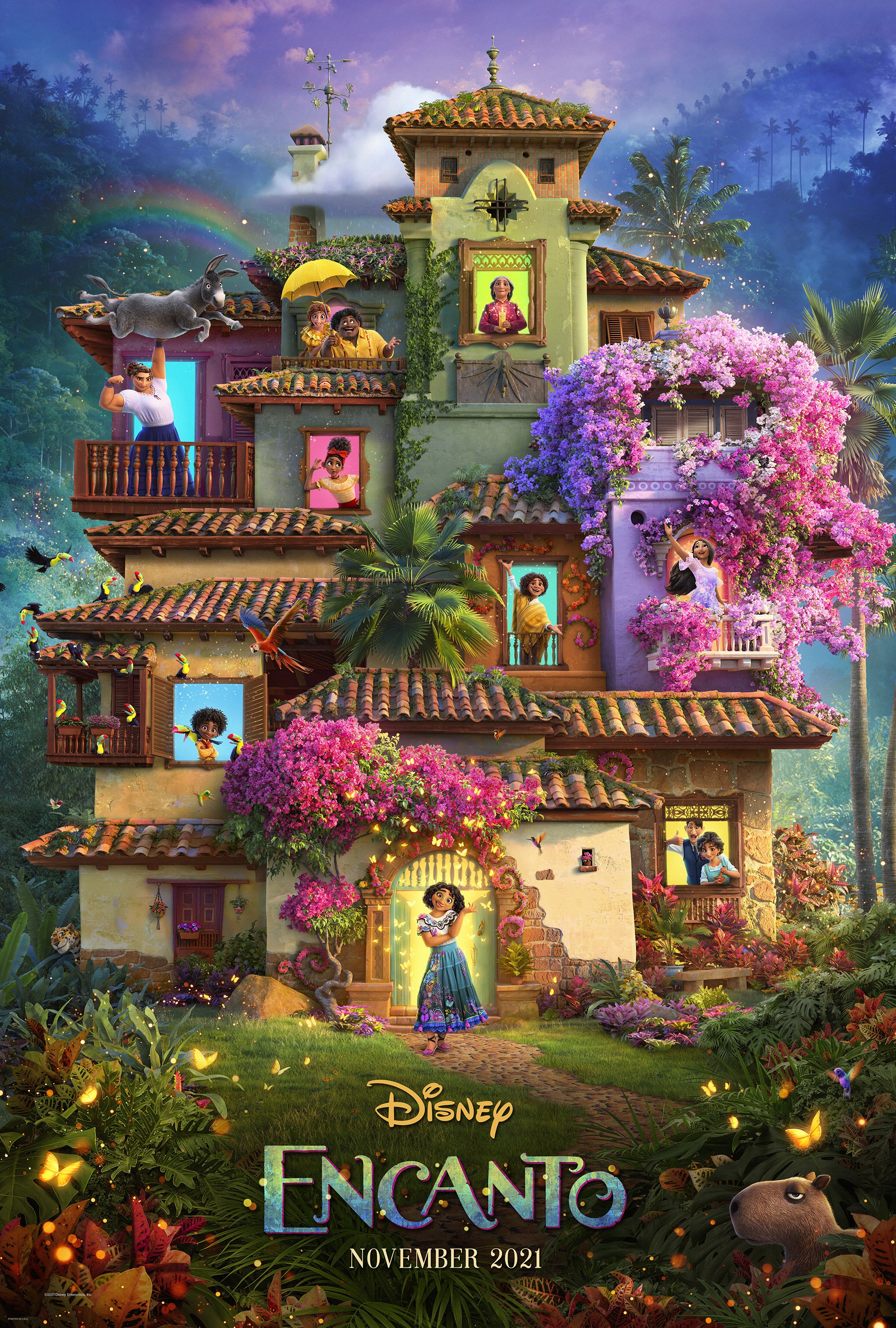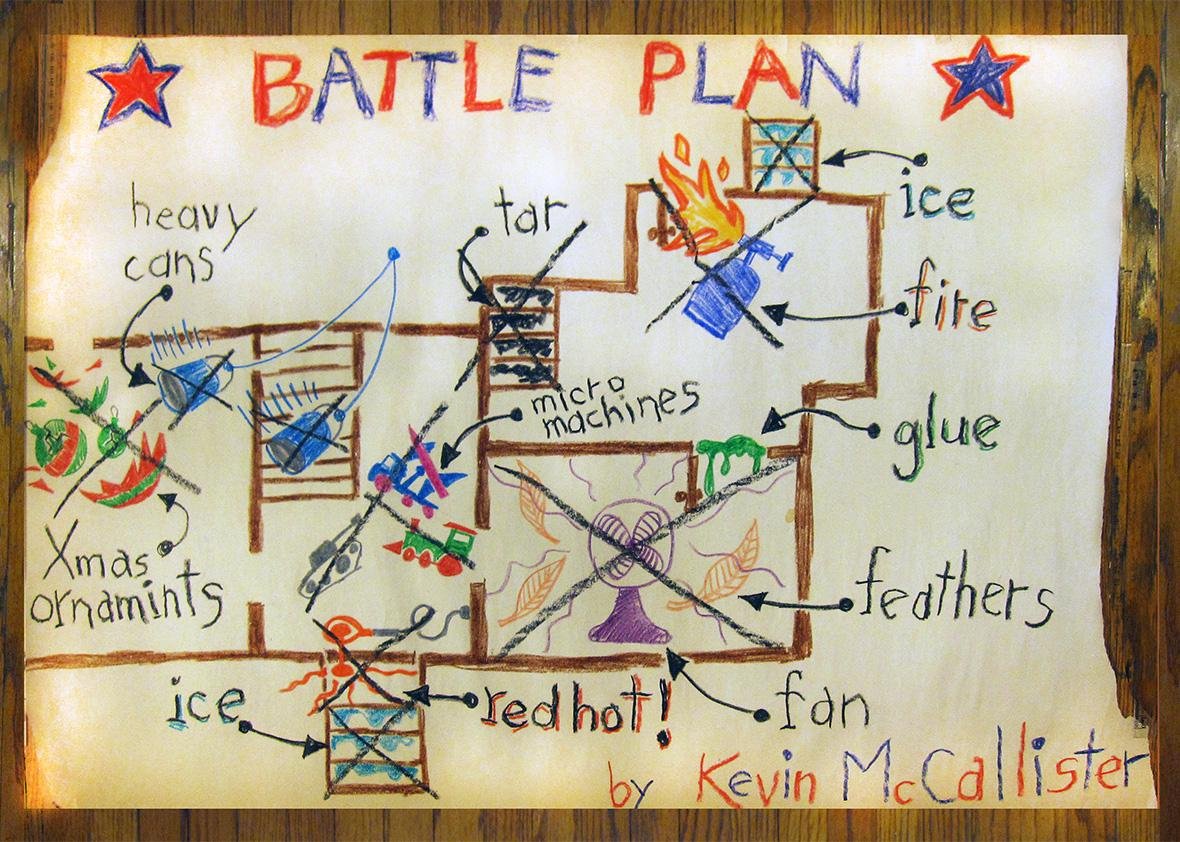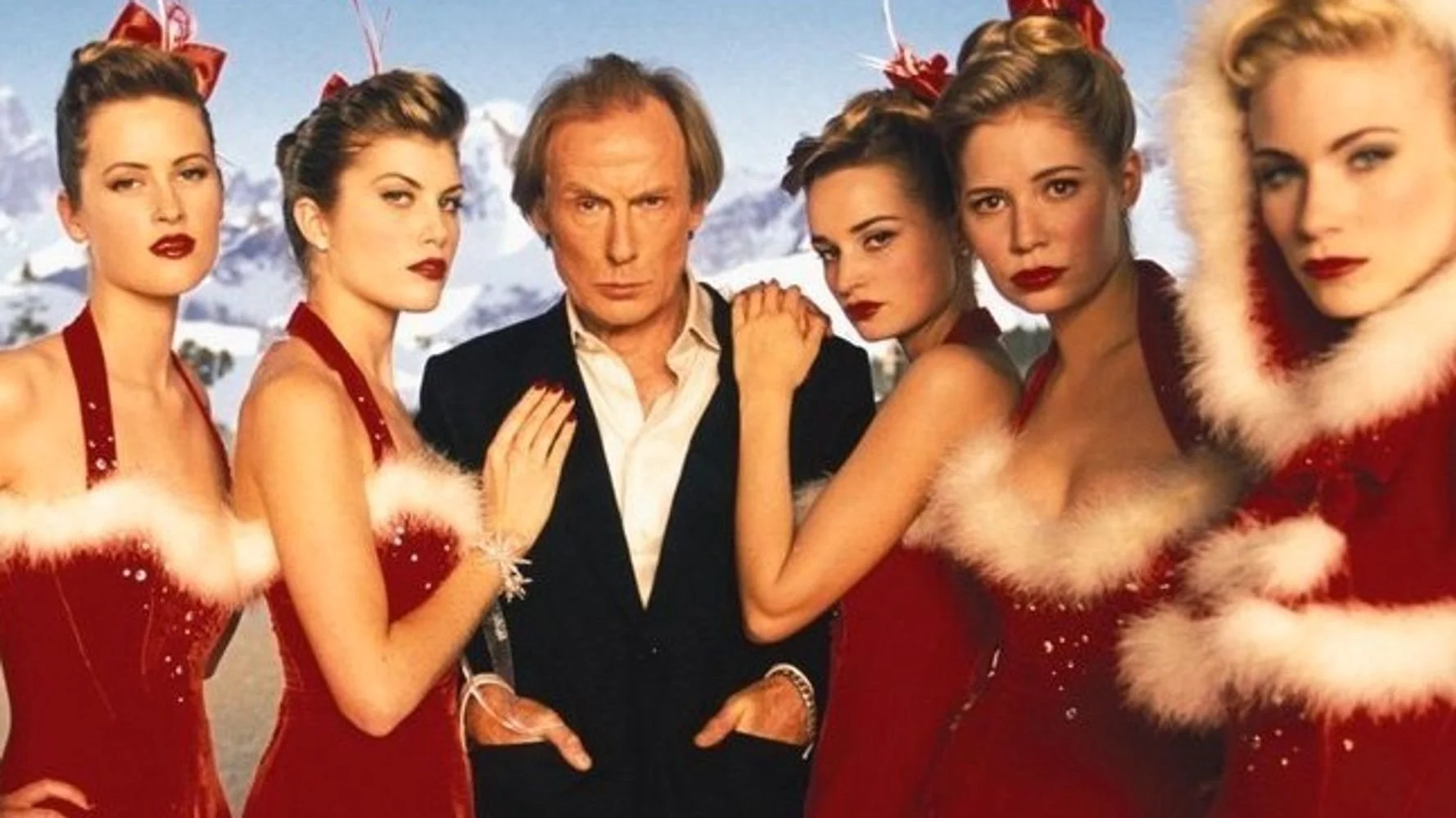Look, I know, finding what to watch can be a bear of an issue. I’ve spent many an hour sitting in front of streaming service after streaming service looking for something to while away the time. There’s a lot of content out there and my hope is that I can help, even if just a little, point you in the right direction for some quality entertainment.
Severance (Apple TV+)
This series took me by absolute surprise. I don’t know why; I’ve always been a big fan of Adam Scott and a huge admirer of Britt Lower, ever since the first episode that centered on her character in Man Seeking Woman. Talk about an underrated talent, she’s such a powerhouse in this show. Before I get ahead of myself, here’s the basic premise. In a sort of half-Eternal Sunshine process, workers at one company, Lumon, founded by the Eagan family, have a special brain surgery that cuts off your working hours from your memory. You show up to work, blink, and then you’re immediately leaving work, the dullness and soul-crushing corporate day behind you like it never happened. Of course, it did happen, and you were there, but it was a different version of you. One that goes to leave the office at the end of the day, blinks, and is right back there, walking to his or her desk. From one side of the story, it’s a magical paradise of never having to deal with corporate bullshit again. From the other, it’s a nightmarish hellscape where work is your life, love, religion, birth, and death.
Severance plays with this very well, using effective cinematography, playing with light and dark, and extremely strong performances from the aforementioned (Adam Scott, especially, plays a dual role; he’s the only character whom we see both in and out of work, two separate people inhabiting the same mind and body, each unaware of each other), as well as the always quality John Turturro and relative unknown Zach Cherry, whom you might have seen in Shang-Chi, but I mostly remember from his small role in Search Party, a show I’ve praised many times before. More than just ask the moral questions, Severance plunges you deep into a mystery, filled with lore and cultish behavior that leaves you begging for more. I had to stop myself from binging the entire first season all at once, rather leaving myself a day in between episodes to let them really sink in. This is a really special show that reminds me of the old days of the water cooler talk of Lost, but without the sinking feeling that most of your questions will go unanswered because JJ Abrams isn’t very good at ending things. At first, I wanted to compare Severance to Lodge 49, because of its strong mix of humor and depth, but there’s an aloofness that Lodge 49 had that Severance lacks. Their approach to the lore is very different as well; where Lodge 49 invites you to buy in or not, but Severance draws you into the mystery and you can’t help but invest. Both shows are excellent, and if you know just how highly I regard Lodge 49, you’d know just mentioning it in the same breath as Severance is high praise.
Slow Horses (Apple TV+)
Another entrant into Apple TV’s growing portfolio, Slow Horses follows the exploits of the MI5 rejects of Slough House, the home for agents who have screwed up so badly they have to live in a sort of intelligence purgatory where they do things like go through trash looking for clues about people the MI5 deems too low priority to put someone competent on, but know too much to be cut loose and left twisting in the wind. Gary Oldman leads the squad of misfits and fuck-ups, playing the charmingly flatulent, washed up old man very well. The show mainly focuses on the character of River Cartwright, played by the instantly likable Jack Lowden, whom you may recognize as the downed fighter pilot rescued by Mark Rylance in Dunkirk, Tom Hardy’s wingman. I’d also be remiss to neglect to mention Kristin Scott Thomas’s excellent performance as Regent’s Park’s pack leader Diana Taverner (her henchmen, for lack of a better word, are even called “the dogs”). As the slow horses stumble through a kidnapping plot, Slow Horses weaves together a tale of intrigue, betrayal, and conspiracy that has just the right number of hoops to jump through. So often in spy thrillers, the fine balance is hard to master—make it too realistic and it’s boring, make it too sensationalistic and it’s 24. Slow Horses toes the line; it feels real, even though I’m sure it likely isn’t. Most of the espionage media I can remember that’s praised as being realistic, films like Tinker Tailer Soldier Spy and The Good Shepherd, are ruinously boring, forcing you into a world of people sitting around speaking half sentences. Of course, you wouldn’t want it to be a Jason Bourne movie either, because that would be so unrealistic, it would take you out of the moment.
Slow Horses keeps you right there, keeping you twisted and turned, while making sure that every twist and turn is earned; that’s another hard deal. Often, media that tries to surprise does so by the “unearned twist”, a surprise for the sake of surprise, for which little or no evidence existed in the story prior to the twist. I see it a lot and it always feels cheap, especially when it comes to a mystery or thriller where I want to tacitly play along with the characters and see if I can figure it out myself. Think about the first season of Veronica Mars compared to the first season of Luther. At the end of Veronica Mars, you smack yourself in the forehead for not seeing it all along, since the clues were always there, whereas Luther leaves you scratching your heard and thinking “Well, I guess they mentioned something once, I think”. From start to finish, Slow Horses earns its twists and doesn’t try to bamboozle you, and I really respect that. It’s another page-turner of a show, another one that I wanted to go from episode to episode, but I forced myself to only watch one per day to let the anticipation grow. While not the cerebral show that asks big moral questions that, say, Severance is, it does help to slow down sometimes and let the show last longer just from a personal level. Gone are the days of 22 episode seasons; the best shows now are doing 13 episodes or fewer, with Slow Horses clocking in at six for the first season. A second six episode season seems to be in the can already and I’m very excited about that.
The Shield (Hulu)
This one is a rewatch for me—20 years old now, I thought it was time to revisit the show that redefined the cop show for me. I was never a big fan of The Wire, which inevitably would be brought up every time I mentioned The Shield, so let’s just dispense with that now. Whether you liked The Wire or not, The Shield takes a very cold and unforgiving look at policing and there’s plenty of room for both shows to exist and be enjoyed. It’s amazing to revisit this show literally decades later, as an adult rather than a teenager, seeing it through the eyes I have now. So much has changed in the world since The Shield first aired, my takes on the characters and their actions has made it like a new show to me.
The Shield follows the Strike Team, a gang task force in the fictional Los Angeles district Farmington, loosely based on the horribly corrupt LAPD anti-gang unit CRASH. Vic Mackey and his team use less than legal means to attempt to control gang violence and the drug trade in their streets, sometimes being more gang members than cops themselves. It’s amazing how perspectives change—20 years ago, they were the good guys. Now they’re the same bad guys, albeit more complicated in some ways, as the ones they’re attempting to put in prison, at least in my eyes. Part of the same problem that perpetuates conditions that create the crime they’re attempting to control. When I was younger, I loved the characters on the Strike Team (except Shane, who is played by one of my now-favorite actors, the extremely talented Walton Goggins; to his credit, I so wholly hate his depiction of the dirty and racist cop, it’s a testament to his strength as an actor), but now my favorite character is Claudette Wyms, played by the indomitable CCH Pounder. You may know and love her from her stoic run on Warehouse 13, but this is where I saw her first—a totally badass Black woman in a largely white and male precinct who has more backbone and moral fiber than the rest of them combined, without getting annoying or preachy about it. The show also tackled a lot of issues, like homophobia, racism, and toxic masculinity, but avoids getting all after school special-y about it. If anything, The Shield loves to live in its gray areas; every character, even the victims of prejudice, often have blood on their hands, sometimes literal, sometimes figurative. The character depictions are incredibly nuanced, and while some moments make you cringe, they’re supposed to. The Shield doesn’t both sides you, but it doesn’t paint characters as outright good or outright bad. Even Shane has his moments where you sympathize and even care about him. If you haven’t seen The Shield before, I highly recommend it. If you can make it to the end of the first episode without wanting to immediately watch the second, I’d be genuinely surprised.
The Office (Peacock)
There are some comedies I watch over and over again, like Brooklyn Nine Nine, which I love so much that even if I can recite all the jokes as they come, I still want to be with the show and let myself be covered in it like a warm blanket of comforting punchlines. Then, there are some I love so much that I set them aside for years so I can return to them with at least a little freshness. It’s not a matter of degree, but type, before you get the wrong idea. Shows that I love to watch repeatedly and ones I like to save aren’t different because I love one over the other, but rather it’s a different type of love. Anyway, one such show is The Office. You’ve probably never heard of it—it’s a small show of relatively unknown actors set in a paper company in Scranton, Pennsylvania. Kidding, of course. It was a huge hit when it was adapted for the US and a big hit all over again when streaming services became prevalent and picked it up. I personally know at least a dozen people who cancelled their Netflix accounts when Netflix lost the rights to The Office. While I wasn’t one of them, I was very happy to see the show pop up on Peacock with four seasons of extra length “Superfan” episodes. Though sometimes scenes that should have ended up on the cutting room floor made it to the extra long episodes (including a bizarre scene in which Ryan and Kelly bone down in a dumpster), it was nice to see scenes that I’d never seen before interspersed with ones that I still remember word for word, despite not watching them since college.
Having just completed the fourth season and started on the fifth, I’m reminded of how difficult it can be to witness Michael Scott’s cringe-worthy behavior over and over again. And the cringe doesn’t end there; the endless sexual harassment of Pam and casual racism, as well as the not-so-casual kind, can be hard to watch at times. But still, I think The Office might have ushered in the new era of comedy series where everyone likes each other and even the “villains” of the show are likable (eventually) and become friends with the protagonists. There were seemingly endless numbers of shows about groups of friends who expressed their friendship by being horrible to one another, but The Office wasn’t like that. Despite Jim’s endless pranks, he and Dwight end up more like occasionally bickering brothers rather than enemies. Watching their friendship grow over the years felt so organic, even though it started with office supplies in a gelatin dessert. It opened up the door for other such feel good comedies like Parks and Recreation, Superstore, and the previously mentioned Brooklyn Nine Nine. Three comedies I absolutely adore, by the way. Also, as a side note, I know there’s some chatter these days about Jim and Pam, but they’ve got to go down as one of my favorite on-screen couples. I’m not interested in hot takes for the sake of hot takes, though. No one is perfect and they’re not perfect either, which adds some realism to their fairy tale romance, but I don’t see that as a negative. It’s a mockumentary, after all, not a fantasy show. Happily ever after never meant there weren’t going to be bumps in the road. Still, love PB&J or don’t, you’re entitled to feel how you do. Personally, I love them.
The Office rightfully deserves its place as sitcom royalty, so if you haven’t seen it yet, or just haven’t seen it in a while, now might be the time to fire it back up and bask in the warm glow of The Electric City.
I’ve also just finished Moon Knight (Disney+) and and in the middle of Tokyo Vice (HBO Max), but I think Moon Knight bears a second viewing and its own in-depth article and I’m not yet ready to make a call on Tokyo Vice. I’m enjoying it quite a bit so far, but for those of you who know me and listen to me incessantly rave about Tokyo, it’s my home away from home and it might just be nostalgia clouding my judgment. I’m going to reserve judgment on that until I finish the series. Similarly, if you’re following me on Twitter, you’ve been seeing my one tweet reviews of the Halo (Paramount+) series, which has been less than stellar, but I won’t make the final call on that until the season has concluded. Same with Peacock’s new comedy series Killing It, starring Office alum Craig Robinson. Very promising start with a meandering middle, but I’m hoping it pulls it together by the end of the first season. Also, off into the sunset with the promising Space Force (Netflix); it wasn’t great, but it had its moments and was stuffed to the gills with likable characters of questionable competence. Sometimes it was just relatively pleasant background noise and sometimes that’s enough.
I hope these streaming recommendations help you sort through the endless sea of content across so many different streaming platforms. Have you seen them already? What did you think? Is there anything you’re watching that I might have missed? Let me know in the comments here or on Twitter.




